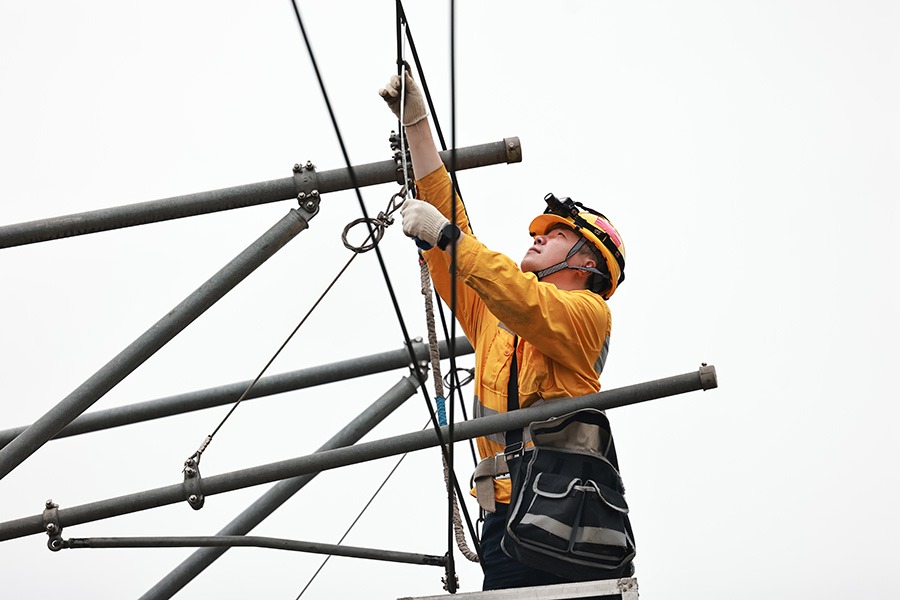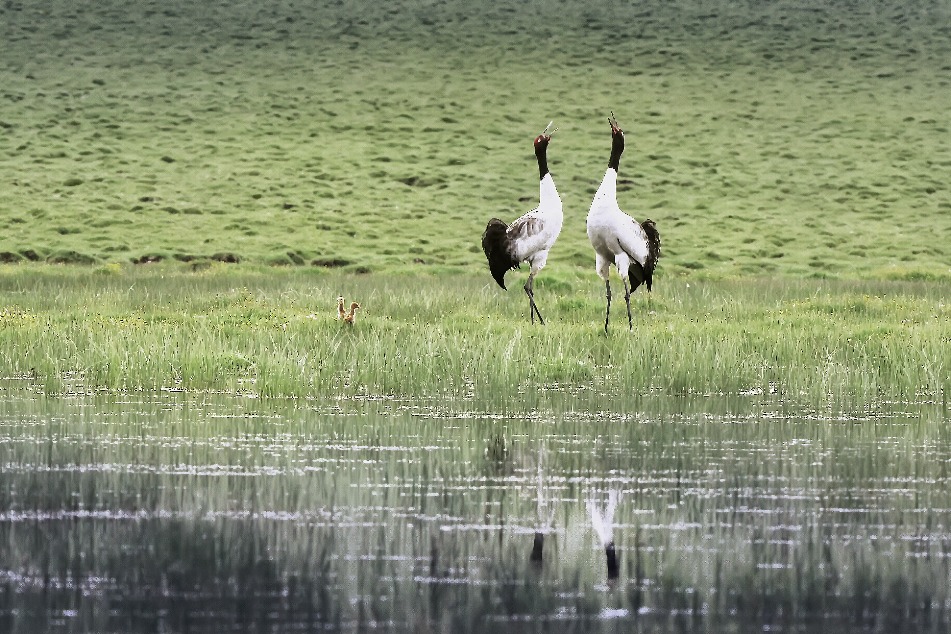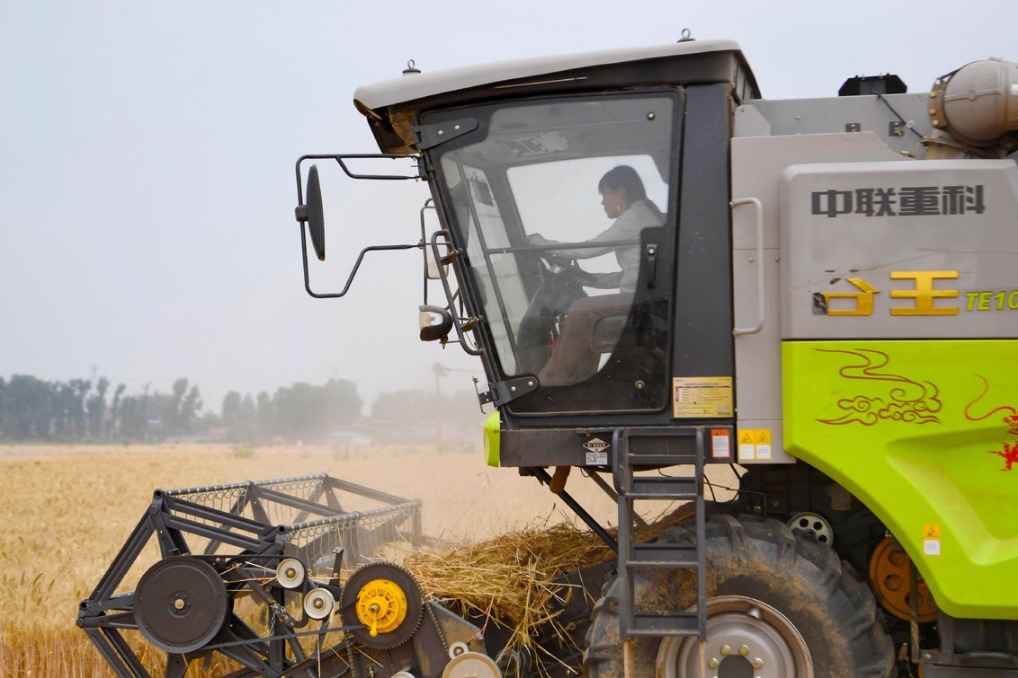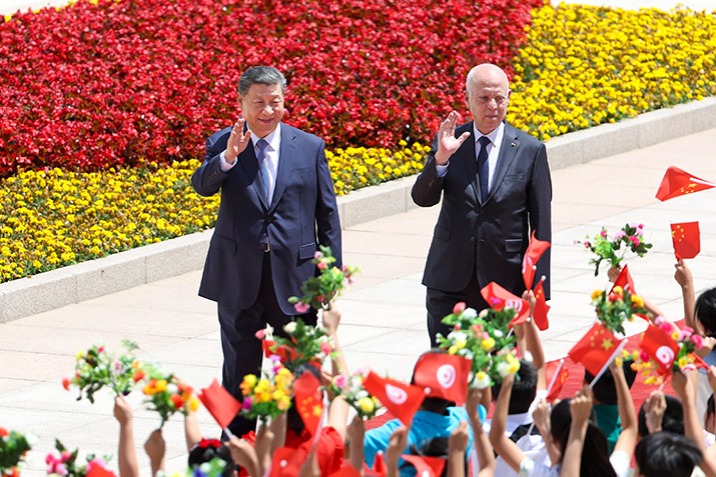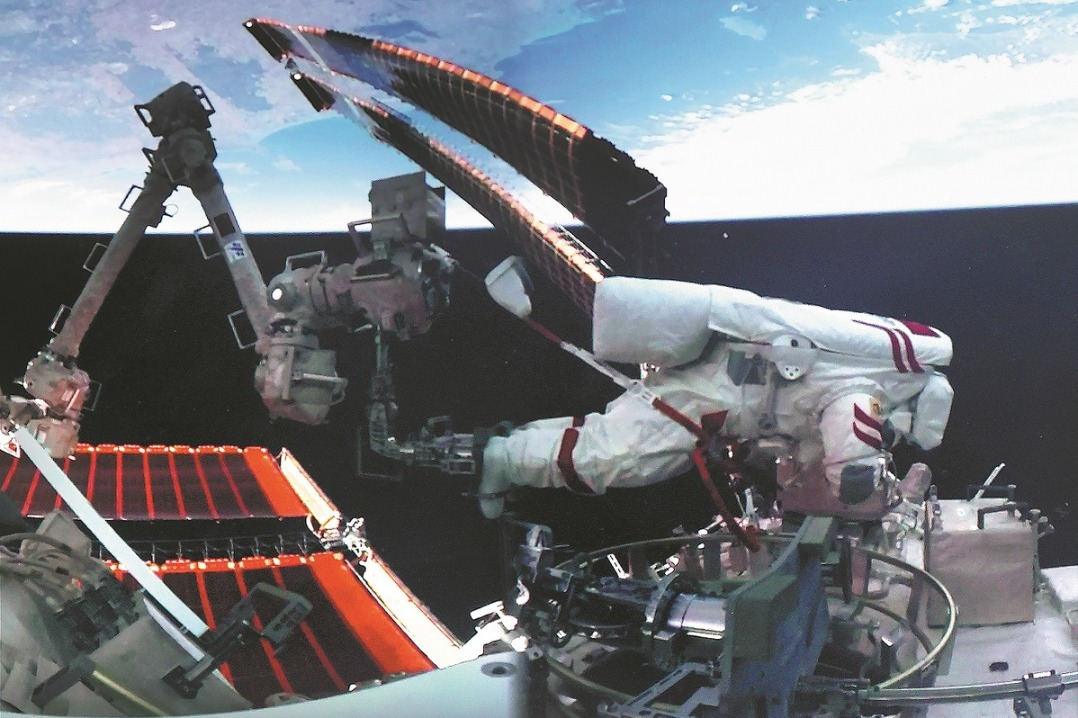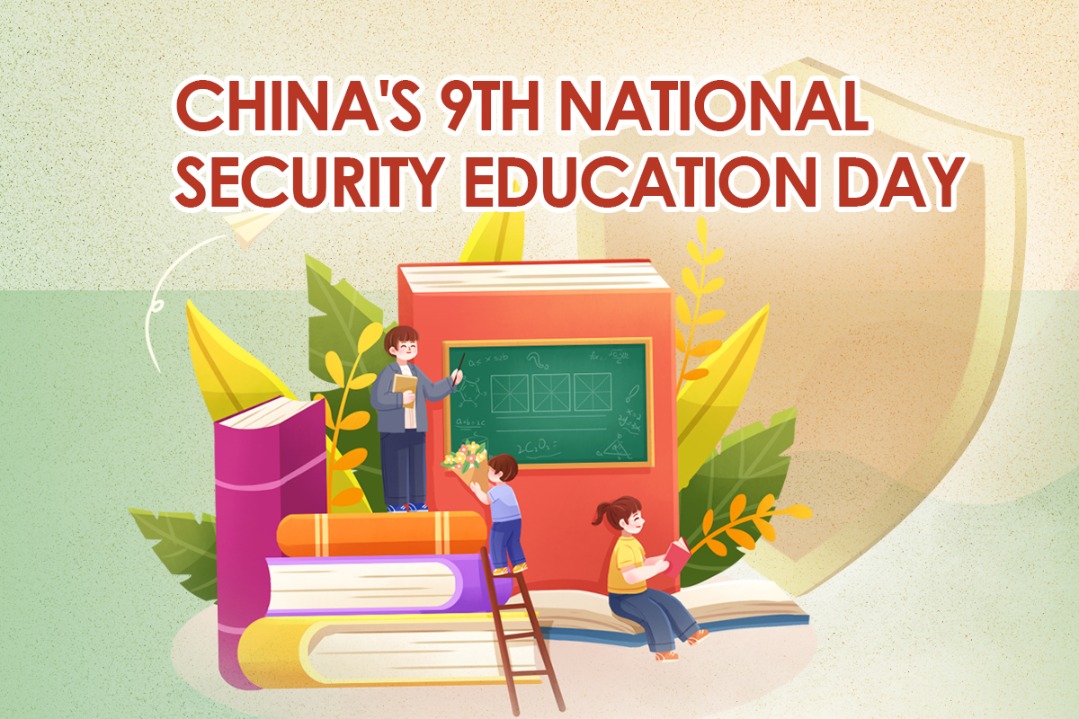Taiwan temples evidence of cultural ties
Ancestral homes highlight cross-Strait connections despite efforts to deny them

The people of Taiwan are clearly aware of the intention of the United States to use the island as a "fist" to confront the Chinese mainland, and Taiwan should not become its tool, said Yang Du, former secretary-general of the Taiwan-based General Association of Chinese Culture.
Yang, a famous writer in Taiwan, said that to truly understand public opinion in Taiwan, especially in cross-Strait relations, it is important to visit many local temples and engage in conversations.
Once, while chatting with an old man in a temple, he asked, "Now the US is making the Taiwan situation so tense, especially after the war in Ukraine. What do you think of this?"
The man responded with a saying in Taiwan dialect, "to beat a stone lion with the fists of other people", and said Taiwan should not become a "fist" in any fight.
"I suddenly realized the people of Taiwan are very clear about what the core of the problem is," Yang said, adding that the US is using the island for its own benefits.
"The deep-rooted feelings of people in Taiwan island, especially those connected to ancestral homes on the mainland, still have a profound foundation," Yang said, adding that this is quite different from the manipulated narratives presented by the various political parties in Taiwan.
About 90 percent of Taiwan folk beliefs originate from the mainland, and Taiwan's folk beliefs involve hundreds of deities, with the majority originating as spiritual emanations from the mainland, where ancestral temples exist in the provinces of Fujian and Guangdong, he said.
Following the opening of cross-Strait exchanges, numerous temples in Taiwan have organized group visits to pay respects to their ancestral temples on the mainland, he said, adding that when people from both sides meet, it is like they are relatives.
Cross-Strait cultural exchange activities can link the ancestral temples on the mainland with temples in various parts of Taiwan, he said.
Yang said that even though there are political efforts by Democratic Progressive Party authorities in Taiwan to sever cultural ties between the two sides, folk cultures on both sides of the Strait are interconnected.
While the DPP has been implementing curriculum reforms in the education sector to reduce the emphasis on classical Chinese literature, Yang said that parents are concerned because they want their children to study classical Chinese texts, poetry and traditional opera to establish a deeper cultural foundation.
In recent years, the internet has played a significant role in cross-Strait exchanges, as well as interactions between the two sides in popular culture, including television series and movies, and this has led to similar expressive habits in young people from both sides, he said.
- China's top procuratorate to oversee major environmental damage cases
- Blind student completes college with resilience
- Chinese scientists design bio-inspired 3D e-skin
- International students take part in dragon boat race
- Chinese tricycles captivate foreign markets and media
- Chongqing conducts rail safety checks ahead of Dragon Boat Festival

















